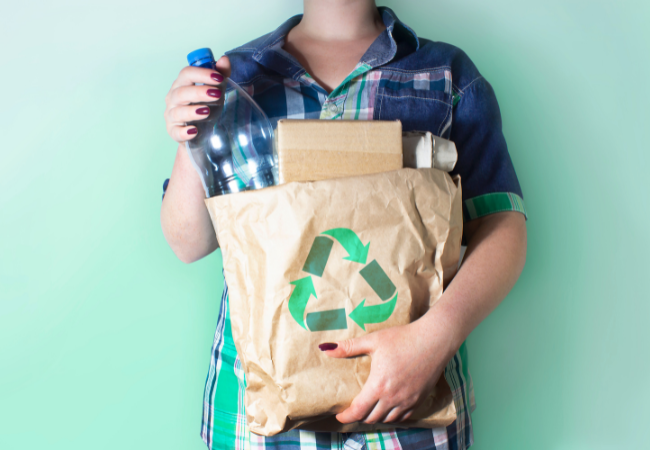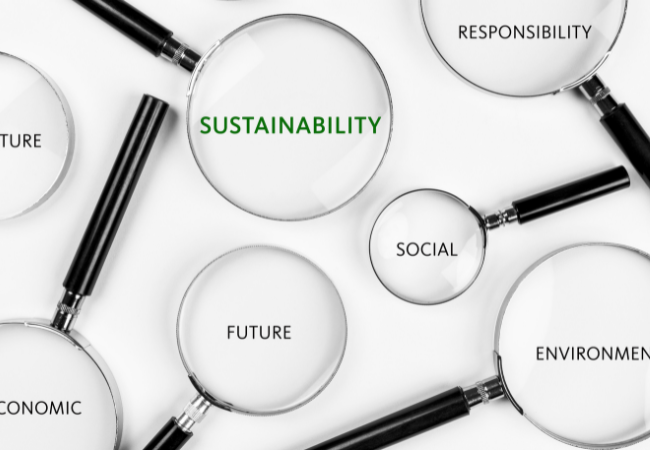In recent years, the environmental impact of different types of packaging has become a major concern. Paper carrier bags, also known as paper bags, have gained popularity as an alternative to plastic bags due to their perceived eco-friendliness. In this article, we will explore how paper bags affect the environment, compare their recyclability to plastic bags, discuss their natural or synthetic composition, and evaluate their sustainability. Let’s delve into the topic and understand why paper carrier bags are increasingly considered a responsible choice for consumers in the UK.
The nature of paper bags
Paper bags are primarily made from natural fibres derived from trees, such as wood pulp. They undergo processing, including pulping and bleaching, to achieve the desired strength and appearance. Although some additives and dyes may be used in the manufacturing process, paper bags are predominantly composed of natural materials.
Environmental impact of paper bags:

• Deforestation: The production of paper bags relies on the harvesting of trees, which contributes to deforestation. However, sustainable forestry practices and responsible sourcing can help mitigate this impact.
• Water and Energy Usage: Manufacturing paper bags requires significant amounts of water and energy. Implementing eco-friendly production techniques and using renewable energy sources can reduce these resource demands.
• Carbon Emissions: Paper bag production emits carbon dioxide, a greenhouse gas contributing to climate change. However, compared to plastic bags, paper bags have a lower carbon footprint, particularly if they are recycled or made from recycled materials.
Recyclability of paper bags vs. plastic bags:

• Recyclability of paper bags: Paper bags are highly recyclable, and the recycling infrastructure for paper is well-established in the UK. They can be processed into new paper products, reducing the demand for virgin materials. However, it is important to avoid contamination by keeping them clean and dry.
• Recyclability of plastic bags: Plastic bags, particularly single-use ones, pose significant challenges for recycling. Their complex composition and lightweight nature make them prone to littering and contamination, which limits their recyclability. The UK has introduced regulations to discourage the use of single-use plastic bags and promote recycling.
Paper carrier bags, or paper bags, offer several advantages over plastic bags in terms of environmental impact, recyclability, and sustainability. While their production contributes to deforestation and requires water and energy, sustainable practices can mitigate these concerns. Paper bags are highly recyclable and can be turned into new products, while plastic bags pose recycling challenges. Paper bags are predominantly composed of natural fibres and are biodegradable, making them a responsible choice for consumers concerned about the environment. By opting for paper carrier bags, we can contribute to a more sustainable and greener future in the UK.
Resources:
- The Woodland Trust: https://www.woodlandtrust.org.uk/
- WRAP (Waste and Resources Action Programme): https://www.wrap.org.uk/


